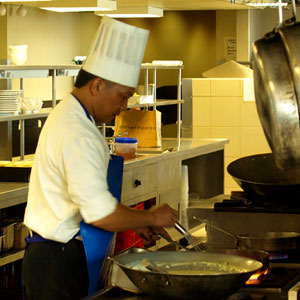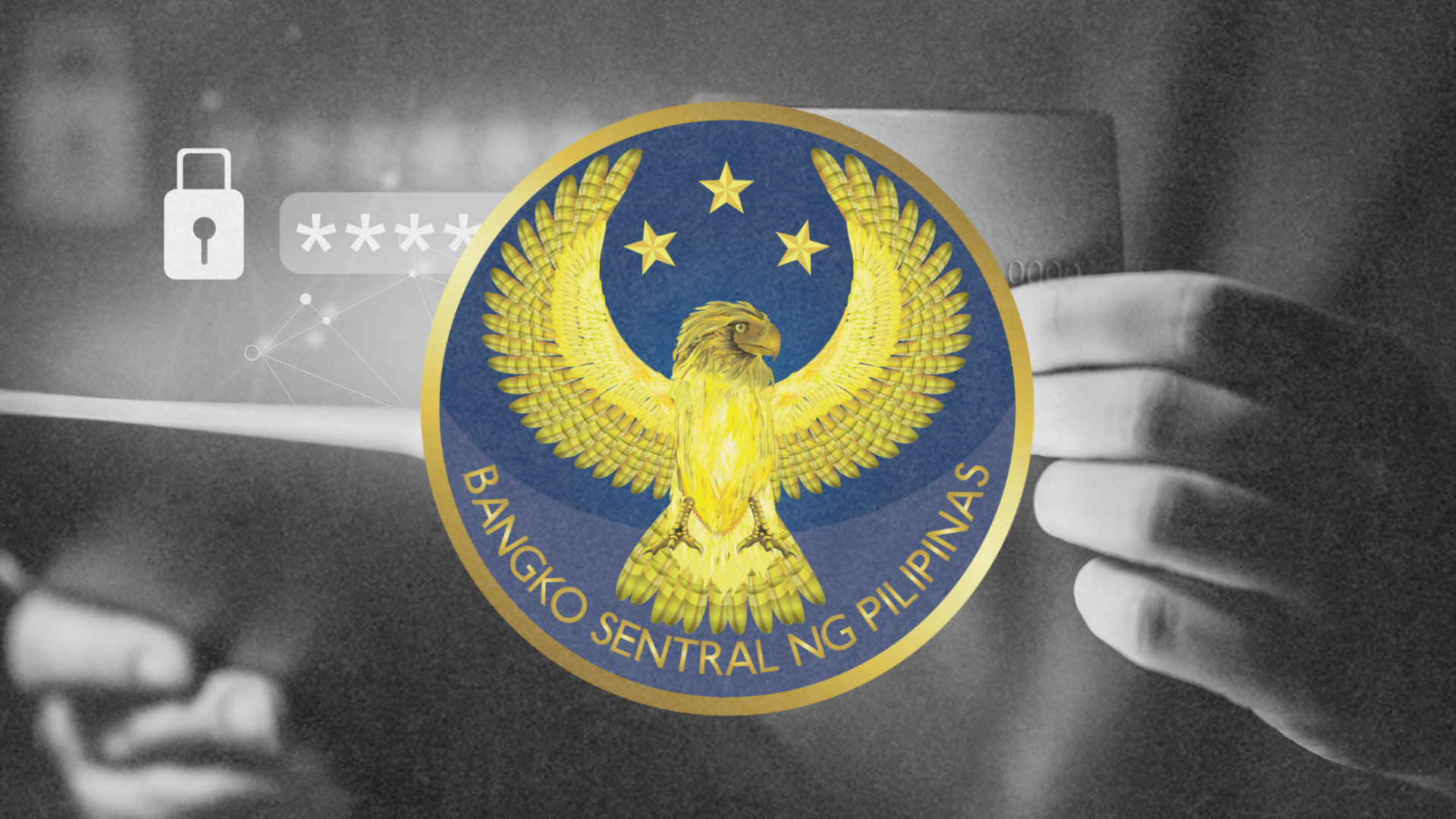“May there be peace within your walls and security within your citadels.” Psalm 122:7
The Philippine tourism industry is doing well and has been resilient despite the global financial crisis. It is in fact expected to grow. Is the industry ready to welcome the anticipated influx of tourists? How safe are the infrastructure for local tourism infrastructure?
Such fundamental components must be satisfied to ensure the safety of the tourists and properties. In many prestigious hotels, for example, safety engineers, along with fire and life safety managers design preventive maintenance programs. They also develop safety procedures, conduct strict personnel training, and recommend necessary safety equipment.
Fortunately, reputable hotels in the country hire Safety Engineers or Fire and Life Safety Managers. Aside from monitoring and supervising the preventive maintenance of fire and life safety equipment, such hotel managers ensure that hotel staffs are knowledgeable on what to do to respond quickly during different emergency situations, or in cases of natural calamities like typhoons and earthquakes.
Advanced Safety Equipment
In modern high-rise buildings, availability of fire detection, alarm system, and voice evacuation paging system is very essential.
Automatic water sprinkler system and emergency generators are required in these types of buildings. All these must always be checked whether they are functioning properly.
Certainly, modern technology plays a crucial role in enhancing the safety equipment to make these more responsive to different situations. In the case of the conventional fire detection and alarm system, this may be used when locating a fire. Such technology minimizes the time needed for the emergency response team to respond to an emergency.
New fire-resistant wires can withstand a fire for three hours before they start to melt. These wires are connected to a public address system. In case of fire, the paging system is in place, ensuring uninterrupted transmission of vital information needed to reduce damage to lives and properties.
Elevator homing system is an advanced system that can be used during a fire, earthquake or power interruption. This system drops anyone to the nearest floor enabling a person to proceed to the emergency stairwell and evacuate safely from the building.
For stairwells, a pressurization system can be installed. This pressurizes the emergency stairwell with air to dispel toxic smoke from filling in the stairway during a fire emergency. This makes the stairwell usable even during a fire. A smoke evacuation or control system functions by extinguishing toxic fumes and releasing these to the atmosphere.
The fire compartmentalization system prevents the spread of fire to other areas. This is a concrete structure such as wall from the floor to the next floor level slab or a fire-rated curtain dropping from the ceiling along the hallway to control the fire or smoke.
Proper Preventive Maintenance and Storage
Maintaining the good condition of fire and life safety equipment is a great help. Identifying how a fire extinguisher works, where it is located or whether it is full ensures the user it is reliable when needed.
What’s the use of having a fire extinguisher when it is empty, its contents are expired, it could not be found because it is not in its proper location, or worse, nobody knows how to use it properly?
Preventive maintenance is necessary to keep all equipment and systems are functioning well. This can be done in-house by hotel engineering or maintenance staff or handled by a certified engineering company. Documenting all preventive measures or repair procedures is important for the concerned staff. The documents must be able to stand in court when they need to be presented after an incident. They must remain in the file for three years and be made available to the authorities during an investigation.
Preventive maintenance program should have safety audit as well. Strict safety audit will identify the deficiencies of some fire and life safety systems. Immediate solutions must be developed to correct any problem at its initial stage. A safety audit must be a regularly implemented to monitor the viability of the system. To reduce consequences of an emergency, fire and life safety systems must always be in place.
Responding to Emergency
Several hazards and risks are frequently checked in a hotel or building. Occurrences of fire and earthquakes are common risks. Others include bomb threats, explosions, civil unrest, natural and man-made disasters, food poisoning, and crowd control. Hotel management personnel follow standard operating procedures when dealing with these emergencies. Procedures are formulated accordingly for each property based on the set-up or configuration of the buildings, which are usually custom-built.
Emergency procedures manual is a document that is constantly being revised. It is often being reviewed to provide relevant and updated data. Every office staff is usually provided with a copy of the manual.
Such document also takes into consideration ‘people with disabilities’ (PWD). These are the people that need special attention and assistance during an emergency. Hotel staff must always be aware of their whereabouts to give them the required assistance.
Specialized Training
Special training is commonly provided to the safety engineers. Emergency procedures are being taught and disseminated to all the office staff or building occupants. These ensure coordination among employees to reduce possible adverse consequences of the risk factors. Regular training session is conducted to update everybody on how to respond during an emergency. Continuous training builds self-confidence and certain skills when handling risky situations.
Panic is reduced when people are properly trained. Drills are conducted regularly to identify if several procedures are applicable to an enterprise and if these produce the desired results. Some may find the implementation of several procedures impossible or difficult to do and adjusting the guidelines may be necessary. With the drills, the procedures are fine-tuned to avoid problems and hitches. Although these are a requirement to get government’s permit, drills are primarily intended to improve emergency procedures.
Collaboration with Gov’t Agencies
Private sector should always coordinate with the government agencies in preparing contingency plans for emergency cases. A “touch base” with the different government agencies should be practiced as a way of establishing professional camaraderie and new learning from each another.
Safety plans, procedures, and equipment should always be present in five-star hotels and commercial and office buildings. Guests and visitors should be secured with safety protection measures from hazards at all times. With these in place, the hospitality industry is assured of steady growth. •






